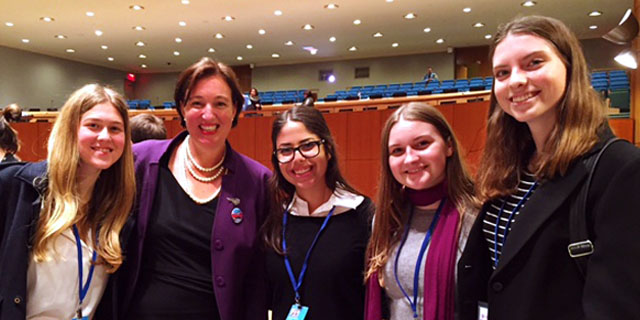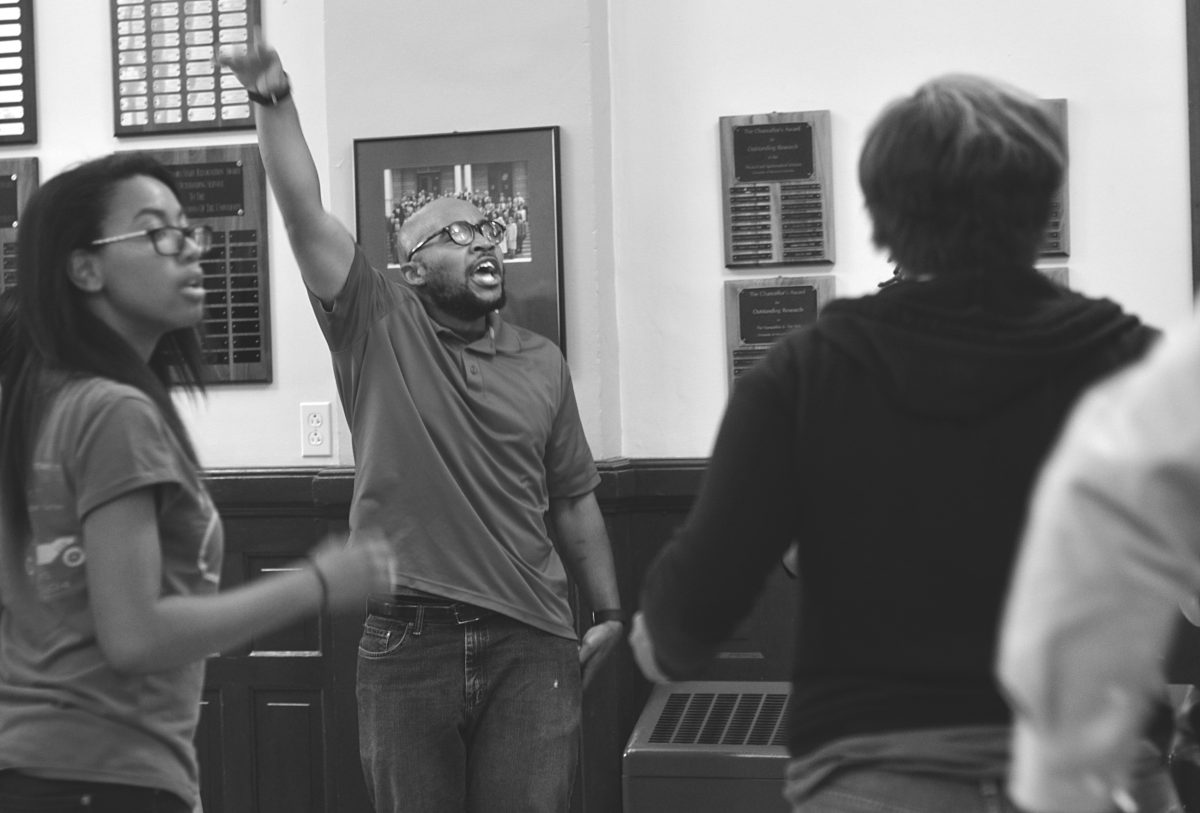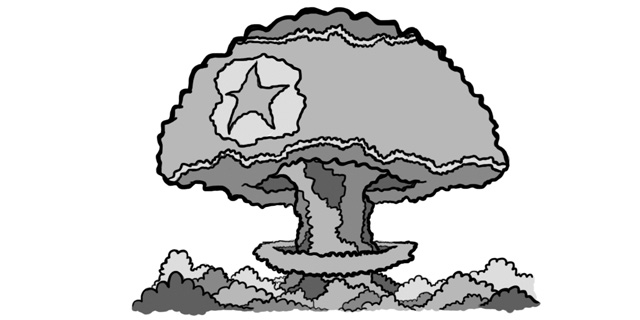
By: Isabel ’14
On Friday, Aug. 24, Republican Presidential candidate Mitt Romney announced his willingness to send troops to Syria to prevent the use of chemical or biological weapons on anti-government rebels, due to rising fears that the embattled regime might deploy them in the civil war that began in March 2011 and continues to rage, having already left 30,000 dead and created 700,000 refugees.
“I think we have to also be ready to take whatever action is necessary to ensure that we do not have any kind of weapon of mass destruction falling into the hands of terrorists,” Romney said in an interview with CBS, referring to Al Qaeda operatives who have taken advantage of Syria’s current state of anarchy. He added that such action could take the form of troops or “other actions by our friends and allies.”
Romney’s willingness to take military action in the Middle East is unsurprising, especially in contrast to Obama, whose response has included $82 million in humanitarian aid to Syrian refugees and economic sanctions. But more disconcerting than a potential President’s willingness to engage in yet another costly and deadly foreign conflict is the fact that it is unclear who exactly our troops would be aiding in Syria and what their goal might be. The distinctions between the anti-governmental forces Romney would call allies and those that he might label terrorists are hard to see.
Despite their widespread hatred of President Bashar al-Assad’s regime, the anti-government forces are far from united. The Free Syrian Army, a coalition of armed groups devoted to fighting the military, does not have leader, nor do they necessarily follow the Syrian National Council, a coalition of opposition groups that formed in August 2011 and is currently based in Istanbul, Turkey. Moreover, the rebel forces include groups with goals far more radical than a less repressive regime. Ayman al-Zawahiri, Al Qaeda’s de facto leader since Osama bin Laden’s death, called on his fighters to aid Syrian revolutionaries, and Al Qaeda members have flocked to Syria. Analysts have confirmed suicide bombings, a weapon used by Al Qaeda in Iraq, as early as December 2011.
Direct, public action, as Romney advocates, would commit the US to helping a group whose members include the same terrorists the US has vowed to fight against and would be costly not only in terms of lives and money but also in terms of international political fallout.
Far from being unwilling to take action, Obama has covertly supported anti-government forces. Although the specifics of this support is unclear, his administration has stated that it is non-lethal because of the lack of knowledge about the rebels. Obama’s actions demonstrate the range of diplomatic skills he is able to apply to a foreign conflict, rather than the heavy-handed decision of publicly pledging full military aid.
Syria’s current state can be traced back to March of 2011, when the government forcefully ended a protest against the torture of students who had put up anti-government graffiti, sparking a wave of demonstrations which, by summer 2012, became a civil war. But the al-Assad government has a long history of violence against civilians. Syria has been under so-called emergency rule from 1963 to 2011, granting security forces immense power to arrest and detain citizens. In 1982, Hafez al-Assad destroyed the town of Hama to put down an Sunni rebellion, leaving tens of thousands of people dead.
Syria’s government and military are composed of Alawites, members of a minority religious sect which is an offshoot of Shia Islam. Alawites make up a small number of Syria’s population, which is 75% Sunni Muslim. What began as a civil war is becoming a religious one, as jihadists seize an opportunity to destroy a religious sect long considered heretical and even non-Islamic. Of the 70,000 troops the Syrian National Council claims to have supporting it, an estimated 1,200 are foreign mujahideen, or jihadists.
The Syrians’ hatred of their current government’s oppressive policies and their desire for a regime not centered on the interests of one minority group is legitimate, as is Romney’s fear of the havoc powerful weapons could wreak in an increasingly destabilized region. However, involving the US in further foreign conflict, with decentralized and increasingly radical allies, is not a viable solution. Rather, whoever takes office in January should continue to use Obama’s range of diplomatic skills, from humanitarian aid to negotiations and, when necessary, the use of more subtle force.






